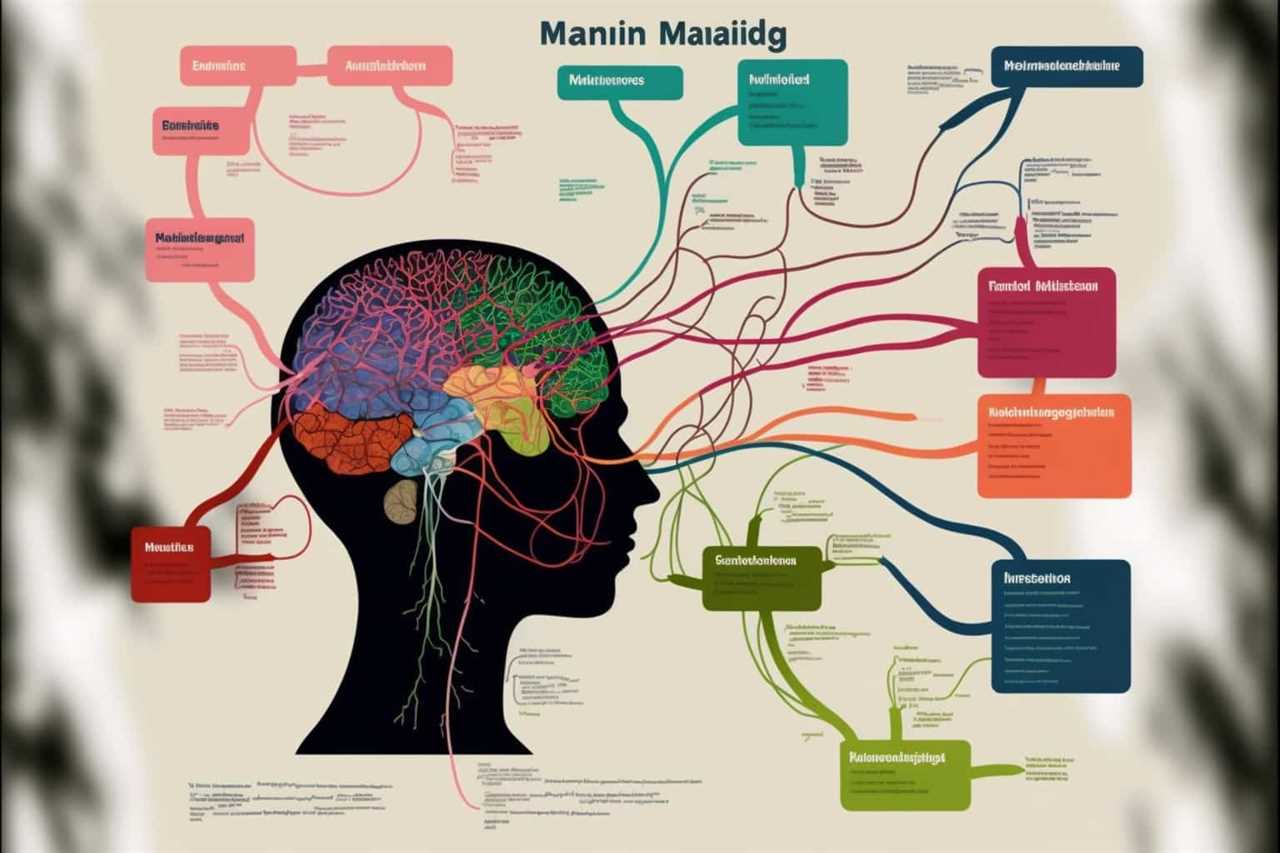Exploring the intricate realm of natural language processing in legal AI presents us with a web of ethical dilemmas. The uncovering of these complexities ignites both curiosity and concern among those aiming to master this field.
With data privacy and security concerns, bias in algorithmic decision-making, and the responsibility for AI actions, the impact on legal professionals and access to justice becomes paramount.
Let us navigate through these challenges together, analyzing and balancing the ethical and legal dimensions of this evolving landscape.
Key Takeaways
- Data privacy and security concerns must be addressed to ensure trust and integrity in the legal system.
- Algorithmic decision-making in the legal domain should prioritize fairness and accountability to avoid bias and discrimination.
- Transparency and explainability are crucial for detecting biases, identifying errors, and holding AI systems accountable.
- Collaboration between legal experts, AI developers, and policymakers is essential to establish clear ethical guidelines and frameworks for AI use in the legal field.
Data Privacy and Security Concerns
In our analysis of the ethical dilemmas surrounding legal AI’s natural language processing, we uncover significant concerns regarding data privacy and security.

These concerns primarily revolve around consent requirements and the potential for data breach incidents. When it comes to consent requirements, there’s a pressing need to ensure that individuals are fully informed about the implications of sharing their personal data with AI systems. Transparency and clear communication are essential in obtaining informed consent.
Additionally, the risk of data breach incidents can’t be ignored. Legal AI systems deal with sensitive and confidential information, making them attractive targets for cybercriminals. Stringent security measures must be in place to safeguard against unauthorized access and potential breaches.
As the legal industry increasingly relies on AI technologies, addressing these data privacy and security concerns is paramount to maintaining trust and integrity in the legal system.
Bias and Discrimination in Algorithmic Decision-Making
Moving on from data privacy and security concerns, we must now delve into the pressing issue of bias and discrimination inherent in algorithmic decision-making within legal AI’s natural language processing. Fairness and accountability are crucial when it comes to deploying AI systems in the legal domain. Algorithms that exhibit bias and discriminate against certain groups can have profound social and economic implications. To illustrate the gravity of this issue, consider the following table:

| Bias Detected | Impacted Group | Social and Economic Implications |
|---|---|---|
| Gender | Women | Reinforces gender inequality in legal outcomes |
| Race | Minority groups | Perpetuates systemic racism in the justice system |
| Socioeconomic | Low-income | Disadvantages marginalized communities in legal proceedings |
Addressing bias and discrimination in algorithmic decision-making is essential to ensure the ethical and equitable deployment of legal AI. It requires a comprehensive approach that involves diverse teams, rigorous testing, and ongoing monitoring to promote fairness and accountability in the legal system.
Transparency and Explainability of AI Systems
To ensure transparency and explainability in AI systems, we must prioritize the clear articulation and comprehension of the decision-making processes utilized by legal AI’s natural language processing.
However, achieving this goal poses significant challenges. One of the main explainability challenges stems from the complexity of the underlying algorithms and the black box nature of AI systems. Legal AI’s natural language processing often involves deep learning models that make decisions based on intricate patterns within vast amounts of data. This complexity makes it difficult for humans to understand and explain the decision-making process.
Furthermore, the ethical implications of lacking transparency and explainability are profound. Without clear explanations, it becomes challenging to detect biases, identify errors, or hold AI systems accountable for their actions. Therefore, finding ways to enhance transparency and explainability in AI systems is crucial to ensure ethical and responsible deployment.

Transitioning to the subsequent section, we’ll now explore the legal and ethical responsibility for AI actions.
Legal and Ethical Responsibility for AI Actions
Building upon the previous discussion on transparency and explainability, we must now address the legal and ethical responsibility that accompanies the actions of AI systems. As AI technology becomes more integrated into legal processes, it raises important questions about accountability challenges and legal liability. Here are some key considerations:
-
Unclear Legal Framework: The rapid advancement of AI has outpaced the development of comprehensive legal frameworks to address liability issues.
-
Shared Responsibility: Determining who’s responsible for the actions of AI systems can be complex, as it involves a combination of developers, users, and the AI itself.

-
Ethical Guidelines: Establishing clear ethical guidelines for the use of AI in the legal field is crucial to ensure responsible and fair outcomes.
-
Mitigating Risks: Implementing mechanisms to identify and mitigate potential risks associated with AI systems can help protect against legal liability.
Addressing these challenges requires collaboration between legal experts, AI developers, and policymakers to develop frameworks that hold AI systems accountable while promoting innovation and fairness in the legal field.
Impact on Legal Professionals and Access to Justice
As we delve into the ethical dilemmas of legal AI’s natural language processing, it’s crucial to consider the impact it has on legal professionals and the accessibility of justice.

One of the significant effects of AI in the legal field is its impact on legal education. With the advancement of AI, legal professionals must adapt and develop new skills to effectively navigate the complexities of AI-driven tools. This necessitates incorporating AI training and education into legal curricula to ensure lawyers are equipped to leverage AI technologies in their practice.
Furthermore, AI’s role in court proceedings can’t be ignored. While AI has the potential to enhance efficiency and accuracy in legal processes, there’s a concern that relying heavily on AI may undermine human judgment and discretion. Striking a balance between AI and human expertise is essential to maintain the integrity and fairness of the justice system.
Frequently Asked Questions
How Can Legal AI Systems Ensure the Privacy and Security of Sensitive Data Processed During Natural Language Processing?
To ensure the privacy and security of sensitive data during natural language processing, legal AI systems must prioritize data protection and implement robust data governance measures. This ensures the responsible handling and safeguarding of information.
What Measures Are in Place to Address Bias and Discrimination in Algorithmic Decision-Making Within Legal AI Systems?
Addressing bias and discrimination in legal AI systems requires implementing effective measures and evaluating the effectiveness of bias detection algorithms. Our analysis aims to ensure fairness and equity in algorithmic decision-making within the legal field.

How Can the Transparency and ExplAInability of AI Systems Be Improved to GAIn Trust and Accountability in the Legal Field?
Improving interpretability and ensuring fairness are crucial for gaining trust and accountability in the legal field. Transparency can be enhanced through clear documentation of AI systems’ decision-making processes and regular audits to detect biases.
Who Holds Legal and Ethical Responsibility for the Actions and Decisions Made by AI Systems in the Legal DomAIn?
In the legal domain, the ethical implications and legal liability surrounding AI systems’ actions and decisions raise important questions. Who ultimately holds responsibility for the consequences of these technologies?
In What Ways Can the Use of Legal AI Impact the Role of Legal Professionals and Access to Justice for Individuals?
The use of legal AI can significantly impact the role of legal professionals and access to justice. It has the potential to streamline processes, increase efficiency, and improve access for individuals seeking legal assistance.
Conclusion
In conclusion, the ethical dilemmas surrounding legal AI’s natural language processing are complex and multifaceted. Like a tangled web, issues of data privacy, bias, transparency, and responsibility intertwine, creating a challenging landscape to navigate.

As the use of AI in the legal field continues to grow, it’s crucial for stakeholders to actively address these concerns. Only by untangling this web and promoting ethical practices can we ensure that AI supports justice and fairness for all.










